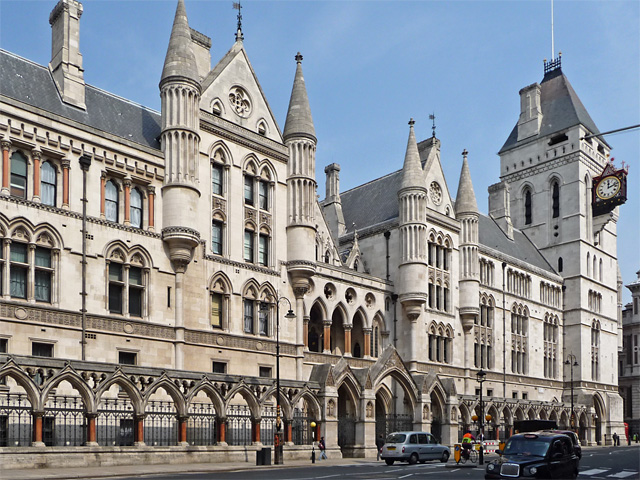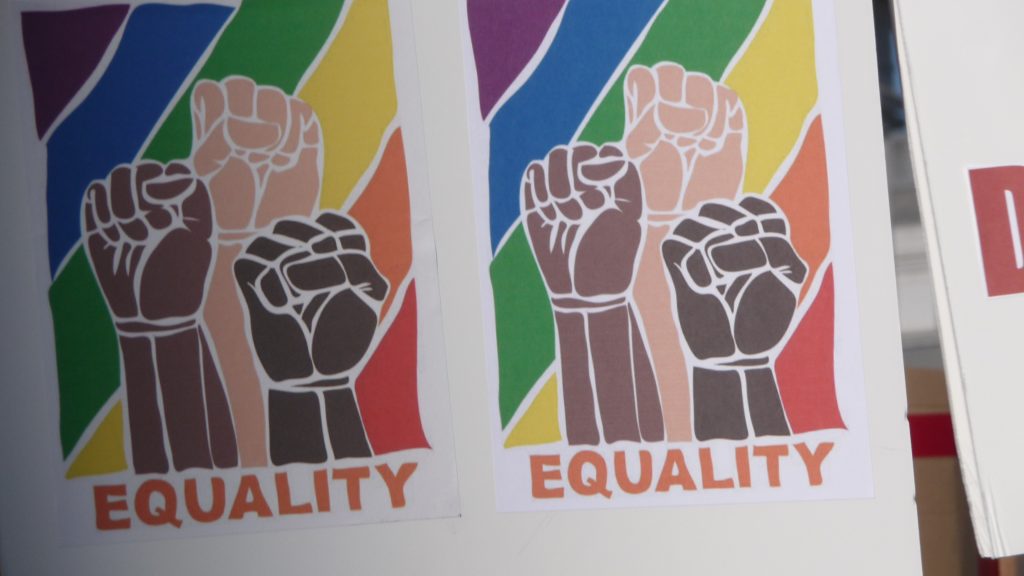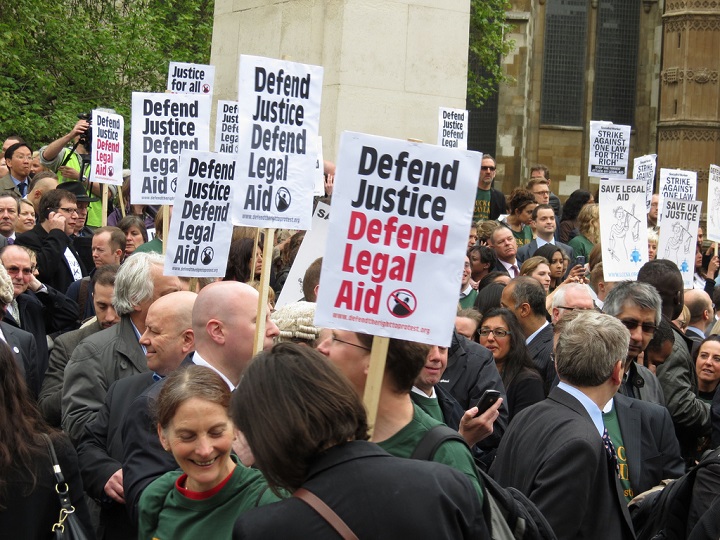Government attempts to cut legal aid fees for solicitor evidence work have declared unlawful by the high court.
The move, which attempted to cut the fees solicitors received to work on evidence, has been halted in an attempt to avoid the use of “statistically flawed” data in court.
What is Legal Aid?
 Geograph
Geograph
Legal aid allows people who cannot afford legal fees the right to receive public funds to cover their costs.
The Legal Aid, Sentencing and Punishment of Offenders Act 2012 (LASPO), which introduced cost-cutting reforms designed to save around £350 million per year.
The restrictions, which were first introduced in 2012, have seen a £400 million reduction in the legal aid budget since that year.
A cross-party group of MPs recently argued that human rights have been made “unaffordable” by legal aid cuts, reported The Independent.
The Joint Committee on Human Rights warned that large parts of the country have become “legal aid deserts”, meaning that several places within the country have been left without a chance for relevant legal aid representation.
What Is Evidence Work, And What Have The Cuts Meant For Legal Aid Recipients?
 YouTube
YouTube
Simply put, evidence work means work on evidence.
These supporting documents are used in a court of law as an indication whether a belief or proposition is true or valid.
Under the government proposals challenged, reading additional material above a threshold of 6,000 pages of evidence. The previous threshold was 10,000 pages, reported The Guardian.
As a result, less firms are providing legal aid work, with the number of firms involved in criminal defence work falling from 1,600 to 1,200, reported the publication.
As the Ministry of Justice failed to disclose statistical analysis underpinning its decision, the consultation was deemed unfair, reported The Law Gazette.
“We have found that the [MoJ] decision implemented by the 2017 regulations was unlawful because the key analysis relied on … was not disclosed to the consultees, rendering the consultation process unfair, and used methods that were statistically flawed, making it irrational to rely on the analysis.”
Fairer Pay, Fairer Access For All
 Wikimedia Commons
Wikimedia Commons
The legal case was brought by The Law Society, a representative body for solicitors in England and Wales.
Although 97% of The Law Society’s respondents opposed the evidence work cuts, they were still given the green light by the government.
The Law Society president, Christina Blacklaws, said: “Criminal solicitors provide a vital public service. We have consistently warned that this fragile criminal legal aid market cannot stand further cuts.”
“We recently published new data showing that in five to 10 years’ time there could be insufficient criminal duty solicitors in many regions across England and Wales, leaving individuals in need of legal advice unable to access justice. These concerning statistics underline the need for reasonable payment for this challenging work.”
Equal In The Eyes Of The Law?
 Pixabay
Pixabay
The fight for legal aid is more pressing than ever.
As an increasing number of legal deserts have come to light Blawlaws has said that the “changes to legal aid in 2012 have had on the ability of individuals to access justice, and the detrimental impact of the legal aid cuts on wider society.”
Featured image: Wikimedia Commons







